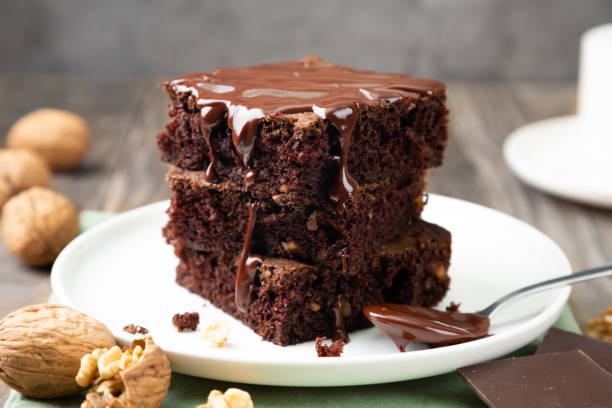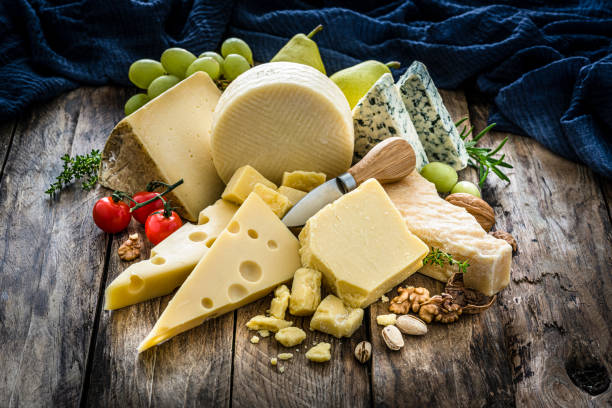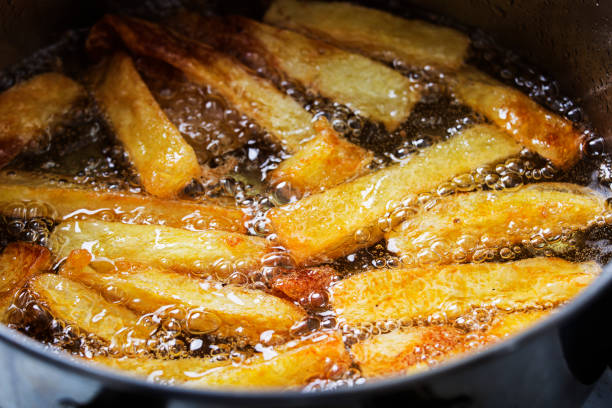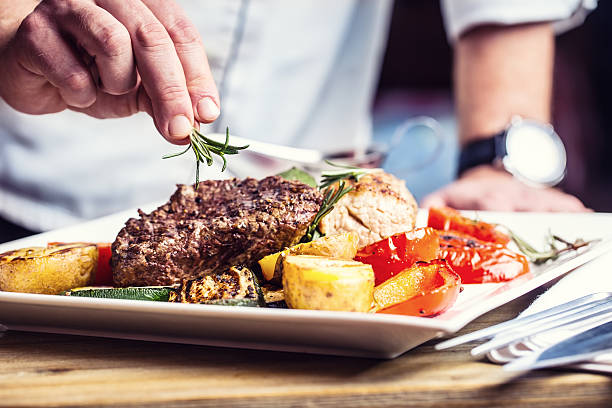Eating the right diet can help boost the brain. Indeed, this war machine alone consumes about 20% of the calorie intake of the day. You might as well say that what you put on the plate is of particular importance. Conversely, other foods can have more harmful effects and be bad for your intellectual performance, especially your memory, as well as your mood. Worse yet, they can increase the risk of developing dementia. To help promote good brain function, here are some foods that are bad for memory and the brain.
Coffee and alcohol, the best enemies of your neurons

Who has never heard a friend complain that they completely forgot the night before after heavy drinking? Very diuretic and dehydrating, it has a very deleterious effect on the health of neurons. More insidiously, it can also have longer-term consequences by damaging the brain for life. Alcohol can indeed cause people who consume alcoholic beverages on a regular and prolonged basis a neurodegenerative disease known as Wernicke-Korsakoff syndrome. This is characterized by a deficiency in vitamin B1 (thiamine) which is responsible for the degradation of certain areas of the brain and which leads in particular to memory problems.
As for coffee, which is believed to be beneficial for the brain due to its stimulating effect, it induces a strong form of stress. However, stress is an enemy of memory. So beware of drinks containing caffeine (sodas, coffee, energy drinks, etc.) or theine (tea).
Pastries

Generally speaking, very fatty foods are awful for memory. Researchers have indeed shown in the journal eNeuro that a diet high in fat interferes with the production and growth of new neurons. As a result, they noted an increased risk of brain disorders. It ranges here from depression to neurodegenerative diseases such as Alzheimer’s. Not all fats are bad, and some beneficial ones are rich in omega-3s that are good for cognition. However, foods rich in trans fatty acids found, especially in junk food or junk food and fast foods are the most harmful for memory and brain synapses. By combining saturated fats and sugars, pastries and pastries are so-called obesogenic foods that disrupt certain memory capacities from an early age and expose them to risks of dementia and age-related cognitive decline.
Meat

Contrary to some popular belief, red meat is not good for memory, on the contrary! Indeed, by carrying out work on memory, Boston University has shown that people who consume more beef have a lower cognitive function than vegetarians. It is, therefore, better to limit your meat consumption, especially red meat, to twice a week maximum.
Margarine and cheese

Margarine contains a large amount of trans fatty acid already mentioned several times in the article. These act directly on the membranes of the brain, making them more rigid. This has the effect of making inter-cell communication more complicated. Also, they tend to take the place of omega-3s which protect and maintain our brain. Also rich in trans fats, cheeses are also concerned and may explain lower memory, cognitive decline and lower brain volume.
Fried foods

If fried foods are on this list of bad memory foods, it’s not just because they are high in bad fats. In fast-food restaurants or the food industry, deep frying often contains additives, artificial flavours, colours and other chemicals. However, all of these harmful ingredients harm nerve cells in the brain and influence our behaviour.
Sweets

Several studies have already established that sweets and sugary drinks can cause memory problems and promote the onset of early symptoms of Alzheimer’s disease. And if the fructose in fruits is not so bad, the “glucose-fructose syrup” commonly used as an additive in our daily foods is one of the most harmful. Indeed, this industrial fructose tends to compete with glucose and prevent it from reaching neurons to nourish them properly. The reason this doesn’t happen with fruits is that they are high in polyphenols. They allow glucose to enter neurons. So, if all excess sugar is to be avoided, you should therefore be particularly wary of this additive!
Industrial dishes, especially light

Homemade is always preferable because it is less fatty and less salty. And above all, homemade dishes contain fewer additives, preservatives and colourings. They have less impact on the nervous system as well as the risk of developing degenerative diseases. As for the light products consumed as part of a diet, they are packed with artificial sweeteners. They are low in calories. However, they are not therefore weak for the brain in which their consumption induces a slowing down as well as a reduction in learning capacities!